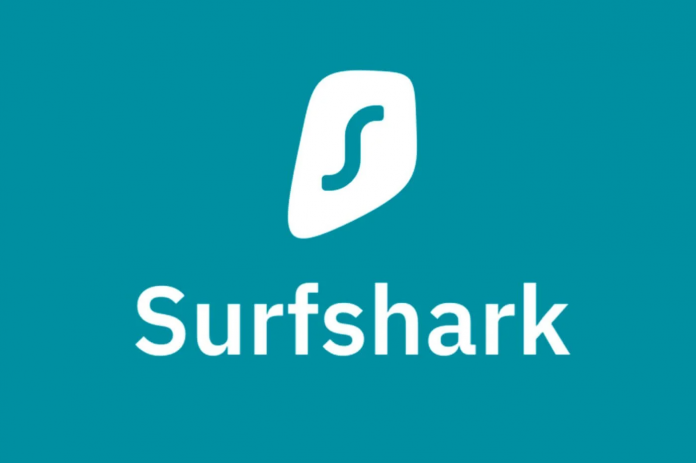By now we’re all accustomed to the idea that internet safety is important, and that a VPN is an indispensable tool for keeping our PCs and laptops secure and maximizing the opportunities available to us online.
If you’re not currently a VPN user, that means you’re an outlier—and a dangerously exposed one at that.
It all comes down to your IP address, the unique string of numbers that identifies your machine online. Your IP address is a gateway to all kinds of other information about your, including your location—and anybody can see it.
If most people knew just how visible their IP address was, and how much information it gives away, VPNs would be as commonplace as curtains.
A VPN, or Virtual Private Network, hides your IP address and routes your traffic through a server somewhere else in the world. This means nobody, not even your ISP, can track your location or scrutinize your online activity.
But the advantages of using a VPN don’t stop at security. The fact that they allow you to connect to servers in other countries has the fringe benefit of giving you access to content in those countries, or to content in other countries that’s forbidden in yours.
That’s why a growing number of internet users are using VPNs to safeguard their privacy and supercharge their entertainment options. But, for whatever reason, VPN use isn’t as frequent among mobile users as it is among computer users.
This is quite the anomaly. Not only do we use our phones for playing games, watching Netflix, and so on, but we carry them with us more or less all the time.
Your mobile phone may well connect to public networks every day while you’re out and about, exposing your data to all kinds of mischief.
It’s high time you got your phone protected with a VPN. Here are three of the best products on the market in terms of user-friendliness, cost, and features.
Surfshark
You get what you pay for—unless you pick up a Surfshark subscription, in which case you get a lot more.
At less than $2.19 a month for a 24 month subscription, Surfshark is by far the cheapest VPN on this list. But that doesn’t mean it scrimps on features, useability, or functionality.
For that paltry sum you’ll get access to thousands of servers in more than a hundred different countries, blistering speeds, a wide array of security features, unlimited connections, and a slick, user-friendly app.
Surfshark has multiple packages, too, so you can opt to pay a bit more for cutting edge features like an identity generator, real-time data breach alerts, and third party data removal.
Plus, Surfshark offers a 30 day money back guarantee, so you can try it out without making a big commitment.
NordVPN
Among PC users, NordVPN has long been the VPN of choice, with peerless connection speeds, and the greatest number of servers in the greatest number of countries.
In addition, NordVPN has a reassuringly slick, professional, and user-friendly interface—though the mobile app doesn’t quite hit the heights of its PC counterpart in terms of useability.
NordVPN allows you to connect up to ten devices at once, and offers all the security features you’d expect to find in a best-in-class product. Plus, it’s pretty inexpensive, costing just $3.49 a month if you take out a 24 month subscription.
Like Surfshark, NordVPN offers a 30 day money back guarantee.
ExpressVPN
ExpressVPN is not the cheapest VPN on the market. In fact, it costs more than twice as much as the hugely popular NordVPN.
It’s also not the fastest, and while it claims to have servers in 105 countries, nobody knows exactly how many servers it’s running because the company doesn’t give that information away.
Nonetheless, ExpressVPN is an easy recommendation for mobile users thanks to its peerlessly slick, clean interface and the range of tools it offers. If you’re a VPN newbie, you could do a lot worse.
Once again, ExpressVPN offers a free 30 day money back guarantee.













